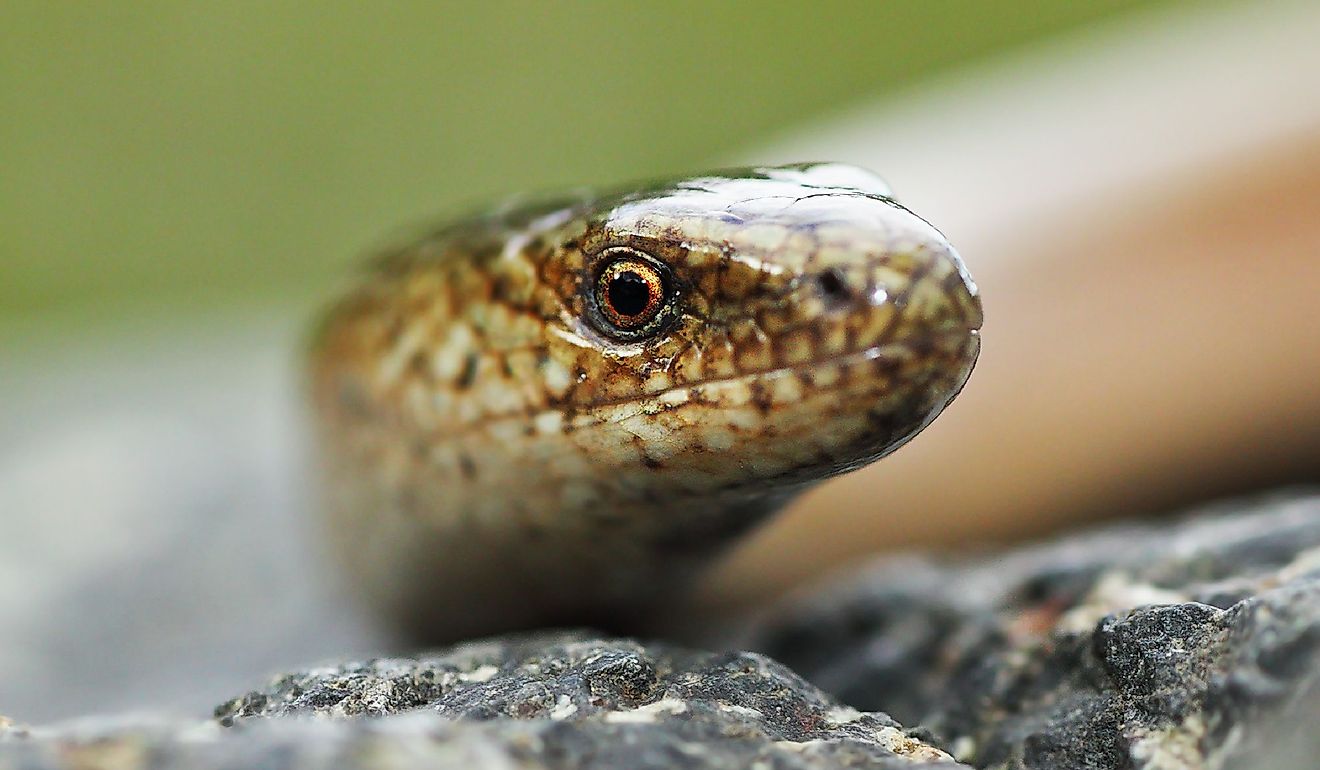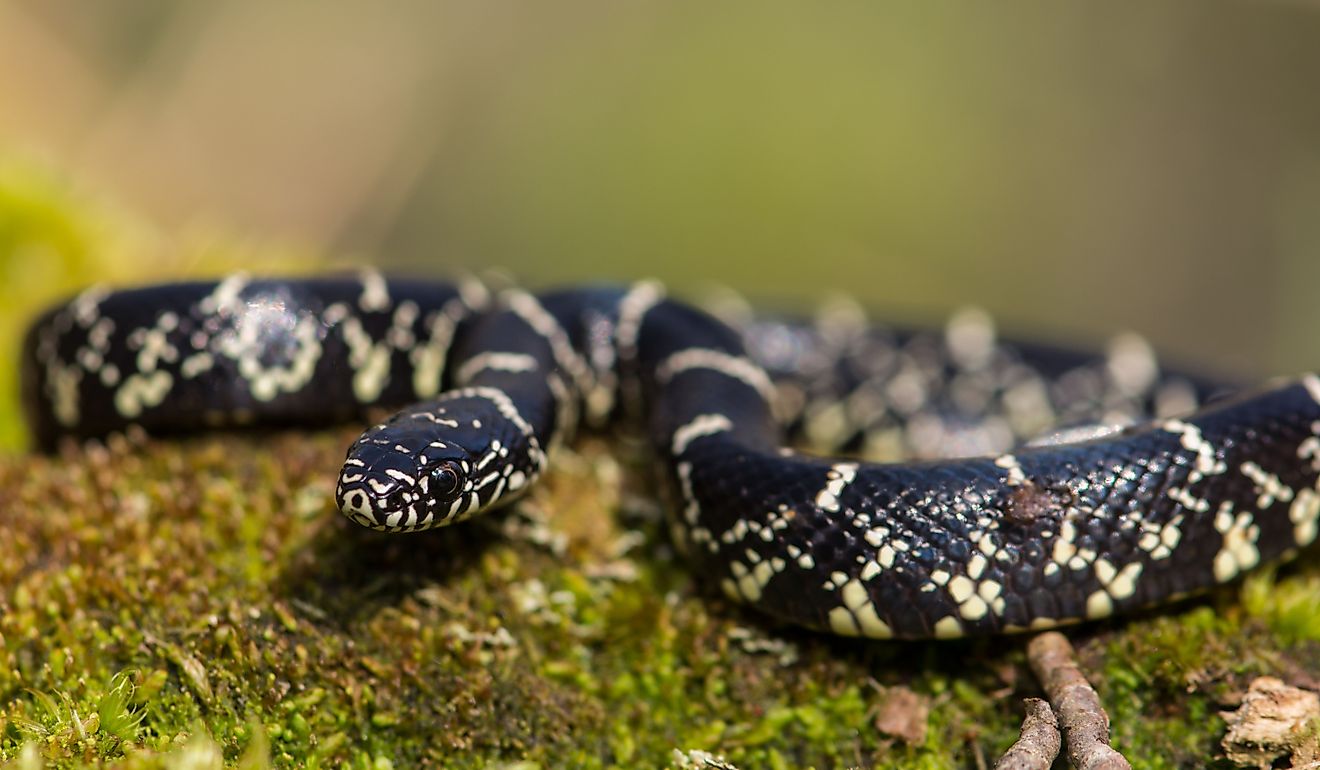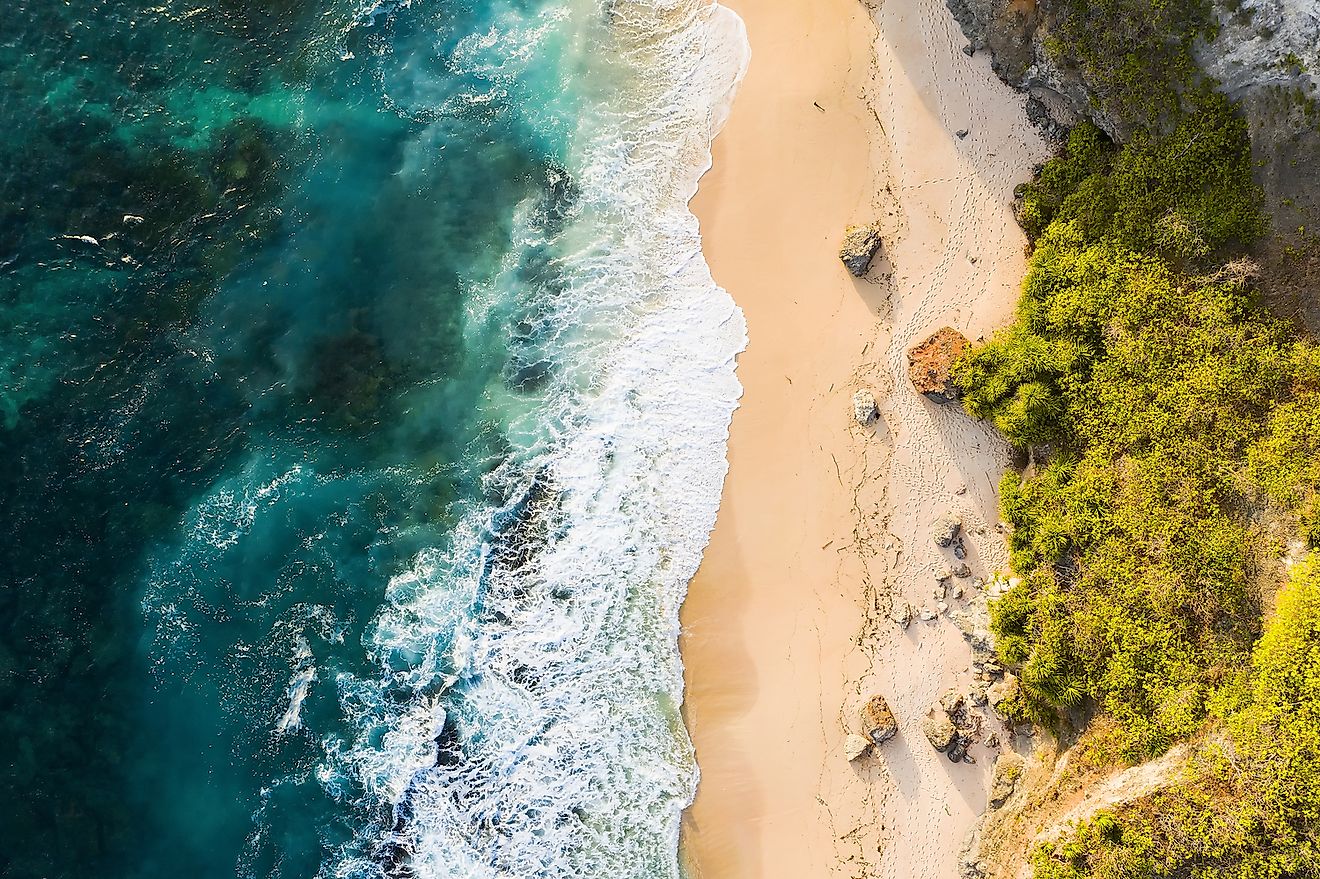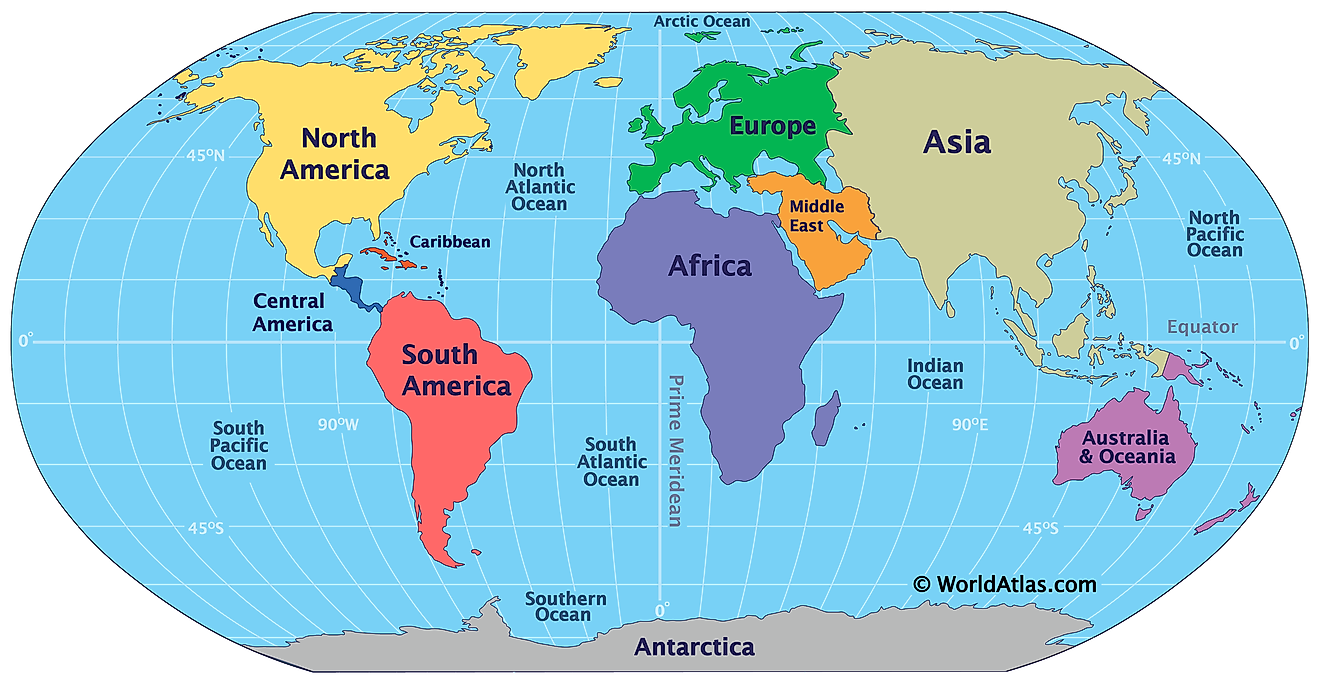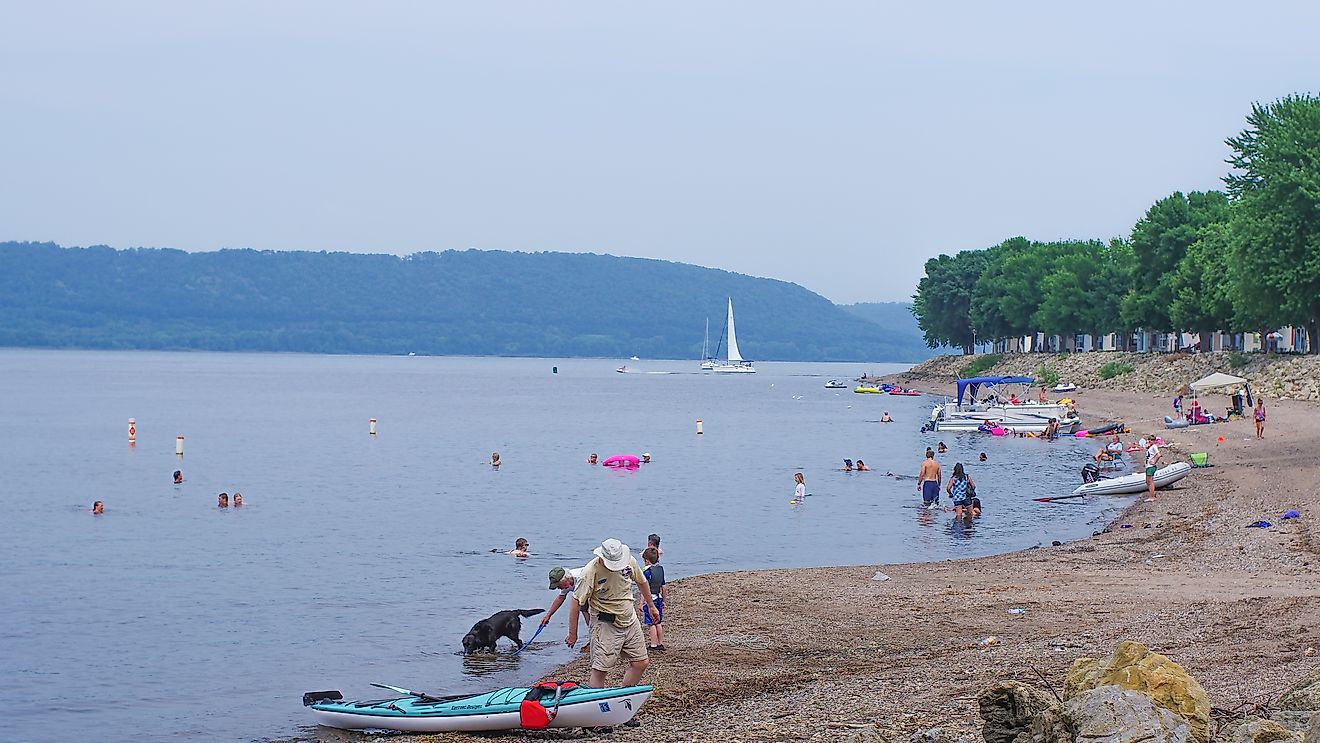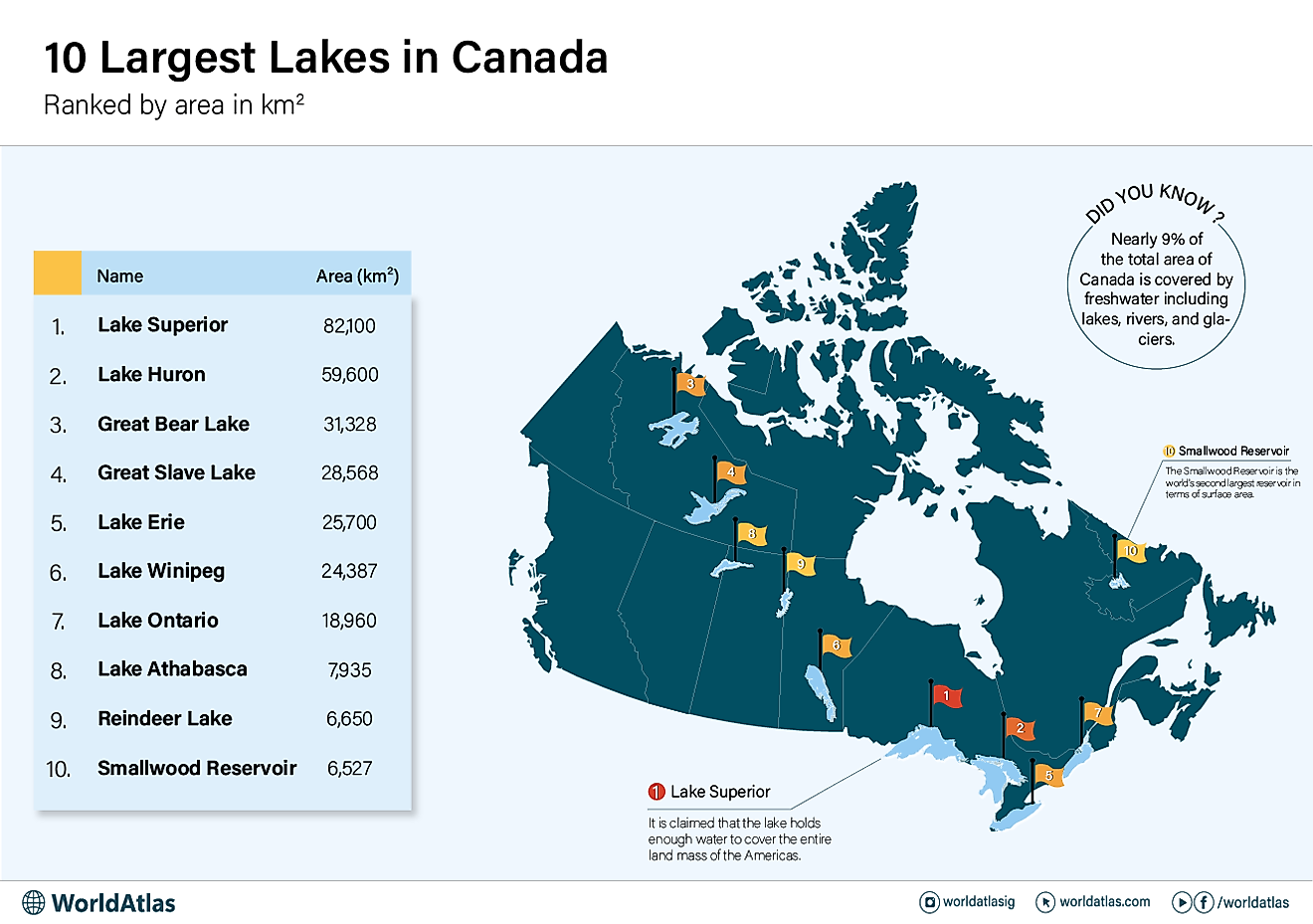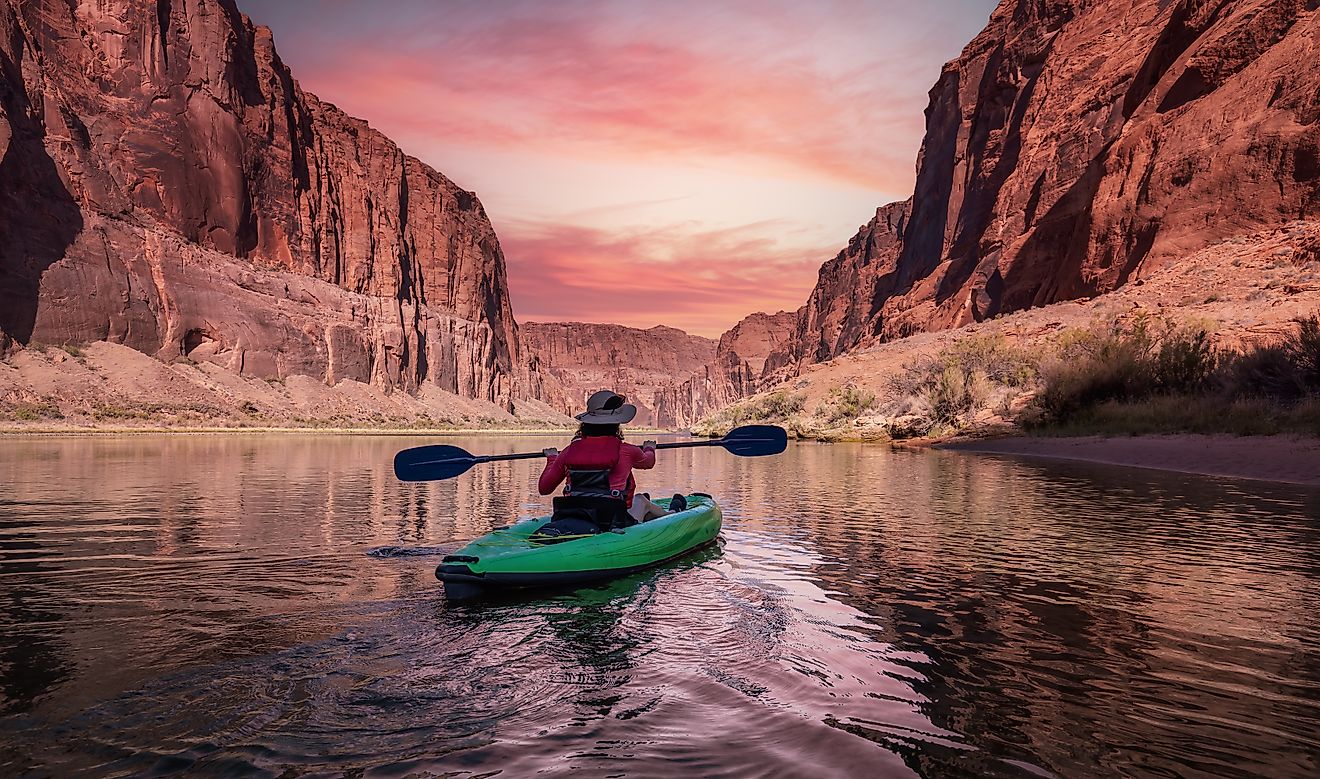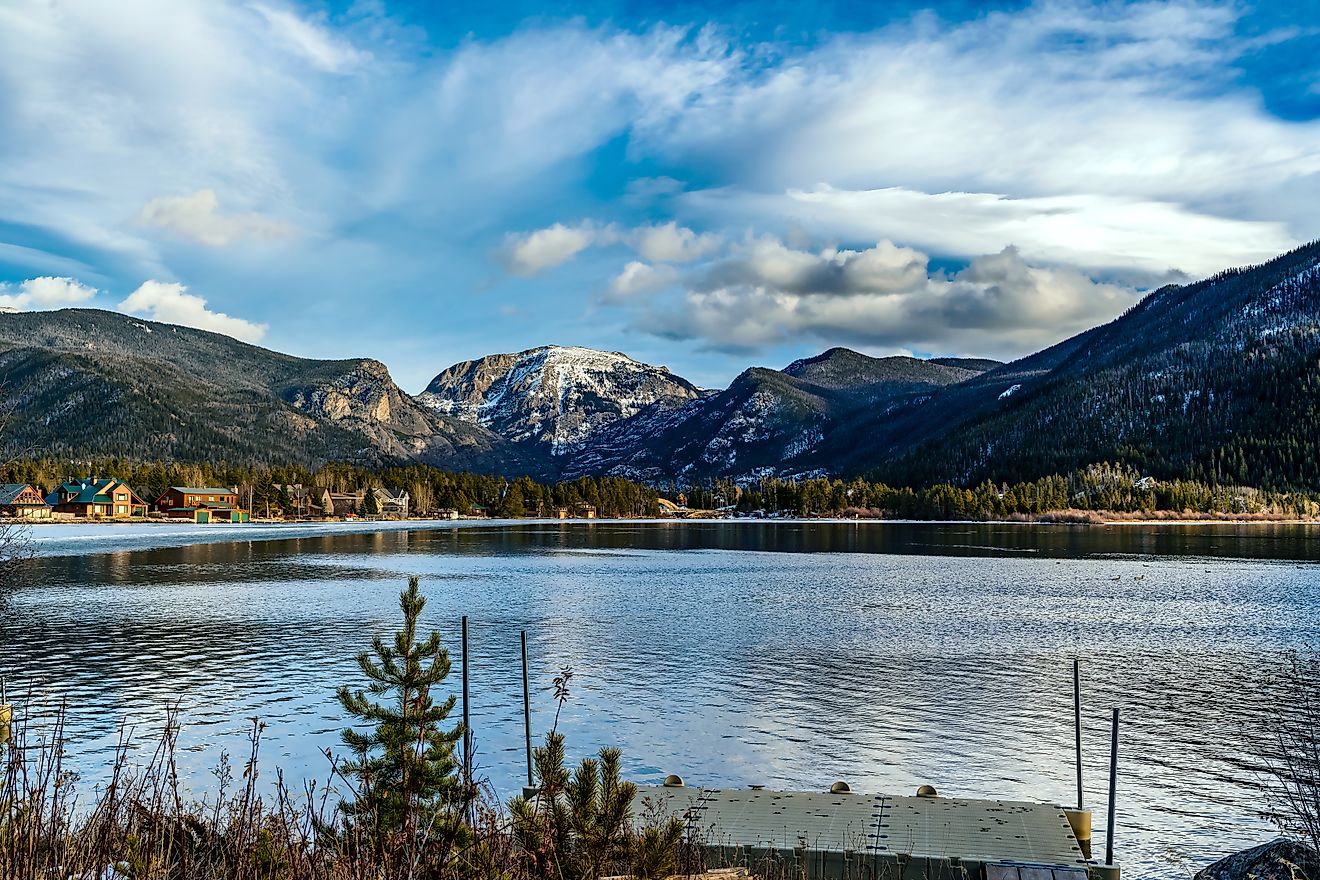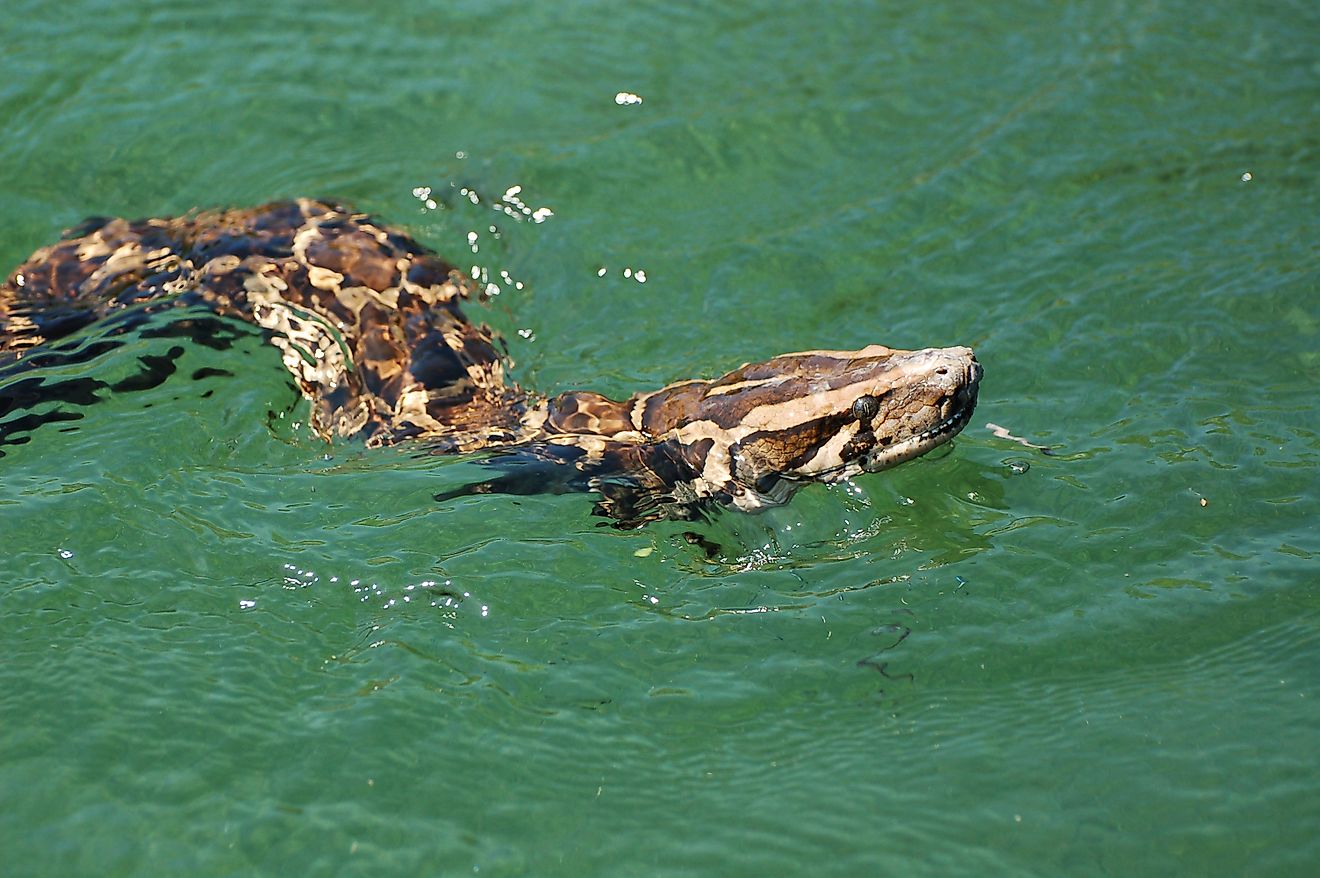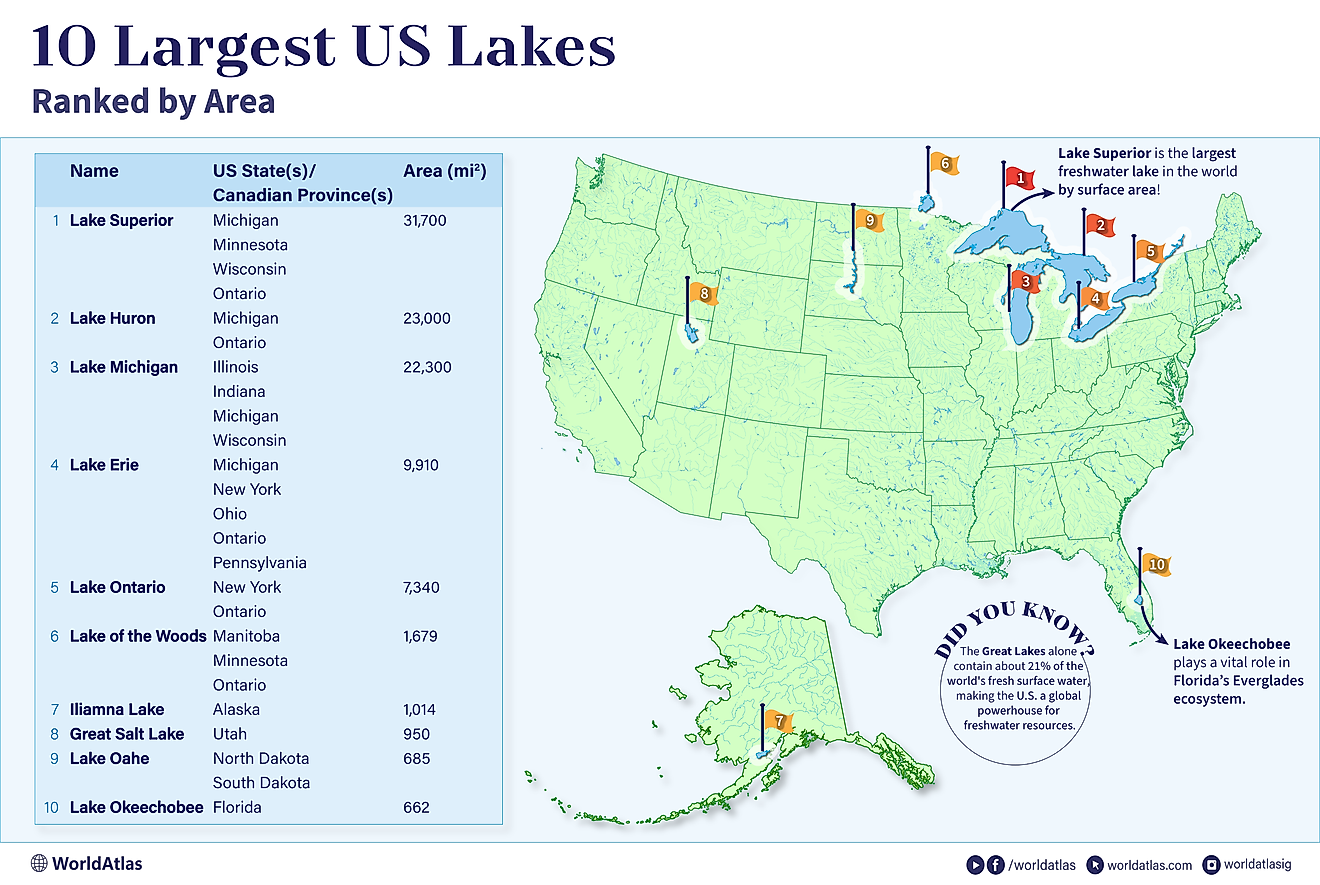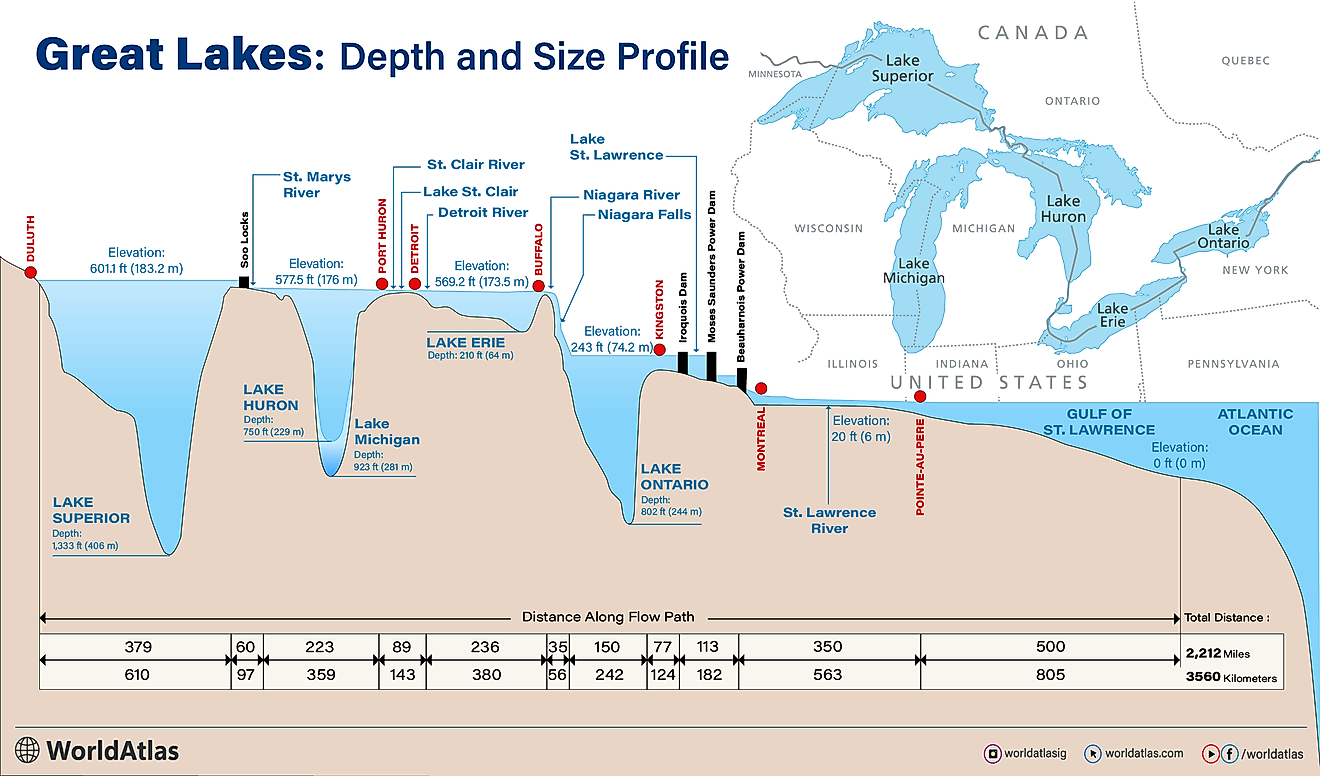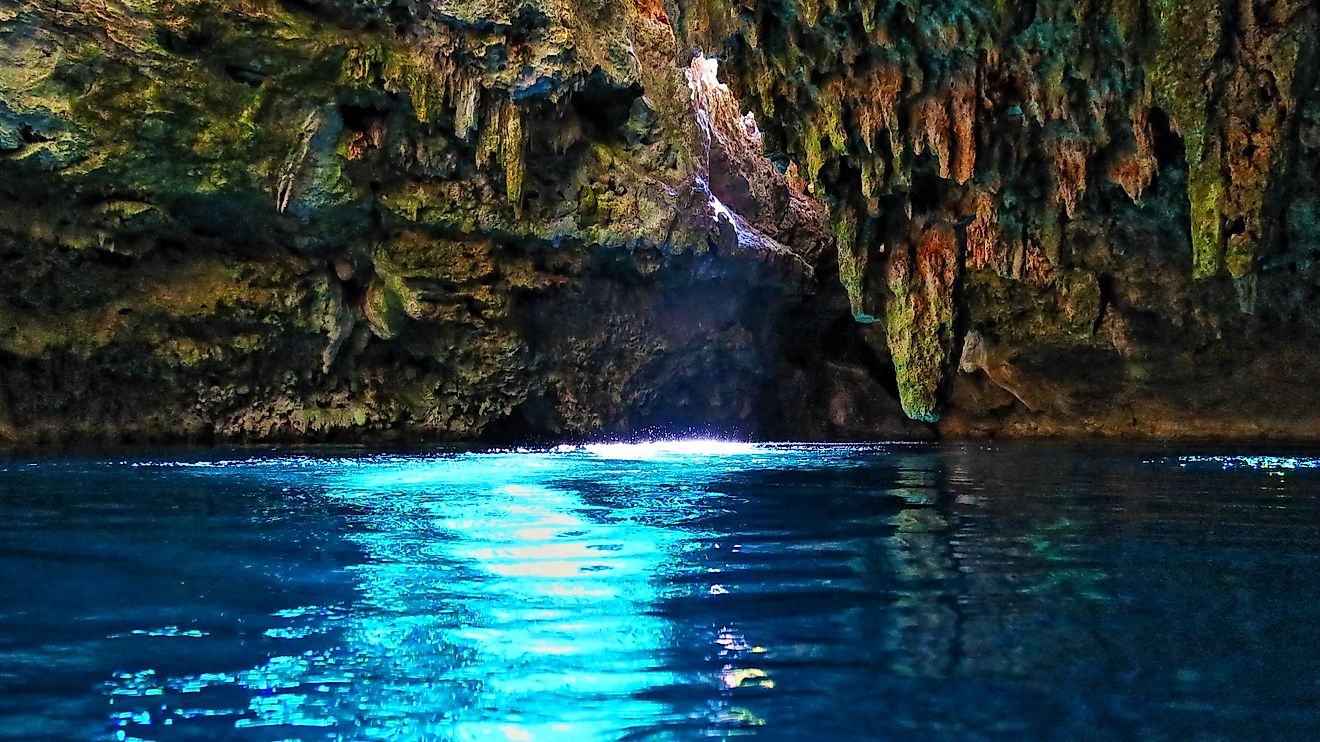
Panguitch Lake, Utah
Panguitch Lake is situated in the south-central portion of the US State of Utah. Although Panguitch Lake is most renowned for its outstanding fishing opportunities, it is also a mountain hamlet with lodging, eating, and room for mountain biking, hiking, ATV riding, and other recreational activities. The word "Panguitch" means "Big Fish" in the native Paiute language. Several top tourist destinations, including Bryce Canyon National Park, Grand Staircase Escalante National Monument, Cedar Breaks National Monument, and Zion National Park, are located not far from Panguitch Lake.
Geography Of Panguitch Lake

Panguitch Lake is situated on the Markagunt Plateau between the city of Panguitch and Cedar Breaks National Monument. The Panguitch Lake, which covers a surface area of 1,248 acres, empties into the Sevier River. The lake is situated in the Dixie National Forest, close to three national parks and one national monument, in an area with significant tourist traffic. This unique lake located at an elevation of 8,212 feet is surrounded by Ponderosa pines, aspens, cedar trees, and numerous meadows. Panguitch Lake's original size was 777 acres until the first dam was built on its outlet at Panguitch Creek's head in 1885. After the construction of the dam, the lake at present covers a surface area of 1,248 acres. The Panguitch Lake is approximately 57 feet deep when full, with about 35 feet of that depth being in the natural lake and 22 feet being controlled by the dam.
Brief History Of Panguitch Lake

The huge native mountain trout drew the local Native Americans to Panguitch Lake. Brigham Young, the founder of the Mormon religion, transported fifty-four pioneer families to the nearby town of Panguitch to establish it. Four Mormon families braved the untamed south central canyon regions of Utah in March 1864 and established the tiny settlement of Panguitch. Men were sent to the town of Parowan over the west mountains when supplies for the Panguitch population ran low during the first winter. The men walked through the snow from where their wagons and teams had arrived at the foot of the mountains. In 1873, the region around the lake was populated. The region's economy was based on farming and livestock. To expand the lake's capacity to hold water and supply agricultural water, a dam was built on Panguitch Lake. Fish and dairy products (cheese and butter) were traded for or sold in nearby settlements. In the late 1800s, as southern Utah expanded, the Panguitch Lake area turned into a popular getaway. The lake and its surrounding area offered horse races, fishing, dancing, and other recreational events. These traditions have persisted, and today one can discover a variety of amenities, including dining establishments, boat rentals, general stores, lodges and cabins for rent, ATV and equestrian riding, horseback riding, and mountain biking, hiking, and much more.
Fishing In Panguitch Lake
Fishing has historically been difficult in Panguitch Lake when there have been significant populations of Utah chubs, which has been a problem in the past. This problem was resolved when the waterbody was treated with rotenone in 2006, and several predator species, including the Bear Lake cutthroat trout, were successfully introduced. The lake is now one of Utah's most well-liked fishing locations, and some of the biggest trout in the state are caught here. The lake is also considered to be among the best fishing locations in southern Utah, and with rainbow, brook, cutthroat, and brown trout thriving in its chilly waters, the lake is a well-known fishing spot. Fish in the 12- to 25-pound range are frequently taken from shore, in boats, and through the ice. This unique lake is fished all year long and provides good trout in all seasons.
